Review: The Missing Half | A Mystery That Lives Inside You
I started The Missing Half expecting a slow burn. Something I could read a little at a time, maybe over a few quiet nights. But that didn’t happen. Instead, I fell into it. Each chapter pulled me in deeper, and before I knew it, I was fully inside in a story that refused to let me go.
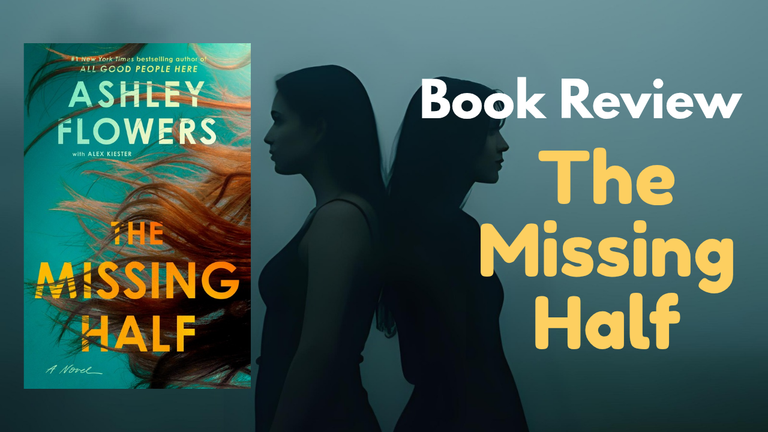
This book caught me off guard. It’s such a kind of thriller that will give you solf vive before it gets fully open. The kind that relies on memory, trauma, and a deeply personal mystery that feels like it could belong to any of us. There is always a question inside of your mind. You want to know, what really happened all those years ago? Is the past ever truly buried? And can you trust your own mind?
The story follows Callie, a woman who’s been through more than most. Her twin sister, Tasha, died in a fire years ago. Or at least, that’s what she’s believed. She’s been rebuilding ever since, new life, new routines, a version of peace she’s clung to with white knuckles. But then she receives a letter. A strange, unsettling message that cracks everything open again. The letter claims that Tasha might still be alive.
I won’t lie. When I read that part, I paused. My heart actually skipped a beat. That one sentence reshaped the entire story for me. It introduced doubt in the most powerful way, not just in Callie’s reality, but in mine as a reader. What if everything we’ve been told is wrong?
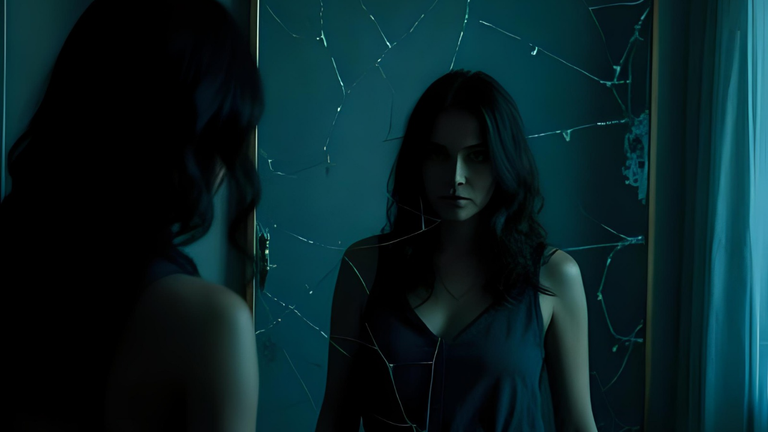
Ashley Flowers and Alex Kiester are masters at building that kind of psychological tension. They don’t rush. They layer. Slowly. Carefully. They let you get comfortable, and then they pull the rug out from under you. Again and again.
The book moves between past and present, giving us a fuller picture of who Callie and Tasha were and what they lost. I loved the dual timeline. It gave the narrative depth without feeling confusing. It also gave me time to understand Callie better. She’s not perfect. She makes mistakes. She hides things. But she feels real. Her grief, her moments of hope and heartbreak, they all felt like something I could reach out and touch.
There’s something incredibly raw about the way Callie searches for answers. It’s not just about finding her sister. It’s about confronting who she’s become in the years since. About facing the guilt she’s buried and the truth she’s avoided.
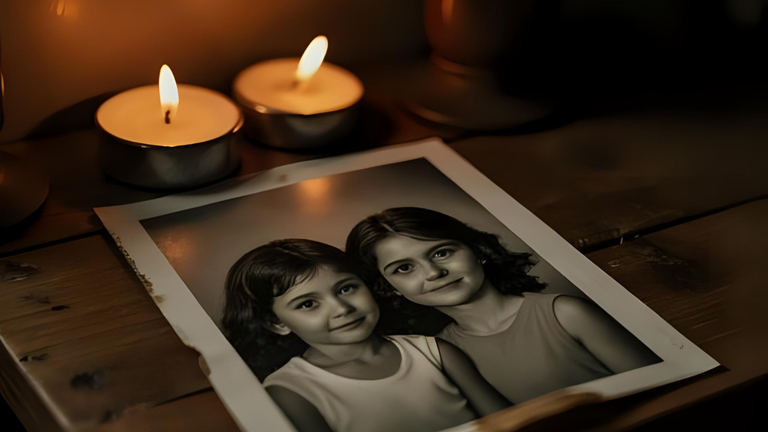
And then there’s the mystery itself. I don’t want to give spoilers. I just want to say, it's not that simple you are thinking. This isn’t one of those thrillers where you can easily guess the twist. The Missing Half is smarter than that. It plays with perspective, with memory, with the idea that sometimes the person keeping the biggest secrets is… you.
The atmosphere throughout the book is haunting. Not in a supernatural way, but in a deeply emotional one. The weight of the past hangs over every scene. The writing captures that feeling of being watched, of being unsure whether the danger is coming from outside or inside your own mind.
There were moments that made me stop reading just to process what I’d learned. Tiny details would suddenly mean everything. And there were scenes that felt like punches to the chest. Especially in the second half of the book, when the pace quickens and the truths start unraveling faster than you’re ready for.
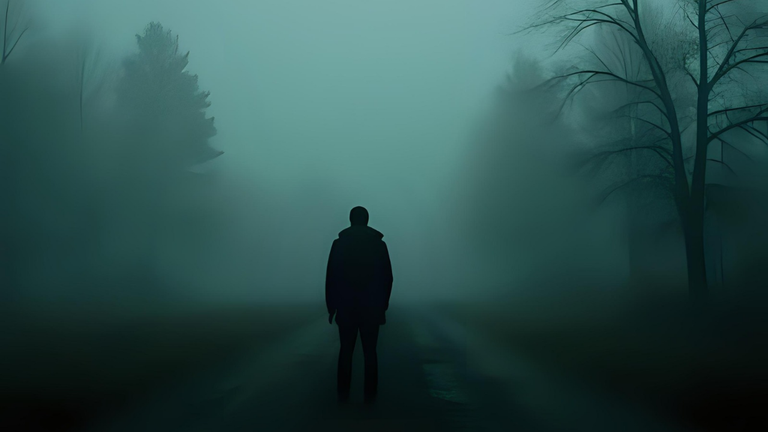
One of the things I appreciated most was the way the authors explored mental health without turning it into a plot device. Callie’s struggles are handled with care. She’s never reduced to her trauma, but it’s also never ignored. Her inner world is messy and painful and often confusing, but it’s never dramatized in a cheap way. That kind of honesty hit hard.
Now, was it perfect? Not entirely. There were a few parts where the pacing dipped. A few scenes that felt like they were stretching just to hold tension. But even then, the emotion carried it. The stakes never stopped feeling personal.
I also would’ve liked to hear more from Tasha’s perspective or at least more of her presence through memories. She’s such a central figure, and at times I felt like we only saw fragments of who she really was. Then again, maybe that was the point. Maybe we were supposed to feel that distance, that loss.
Because this book isn’t just about a missing girl. It’s about identity. About how much of who we are is shaped by those we love and those we lose. It asks hard questions. What if you’ve built your life on a version of the truth that turns out to be wrong? What happens to your sense of self when your past starts to look like fiction?
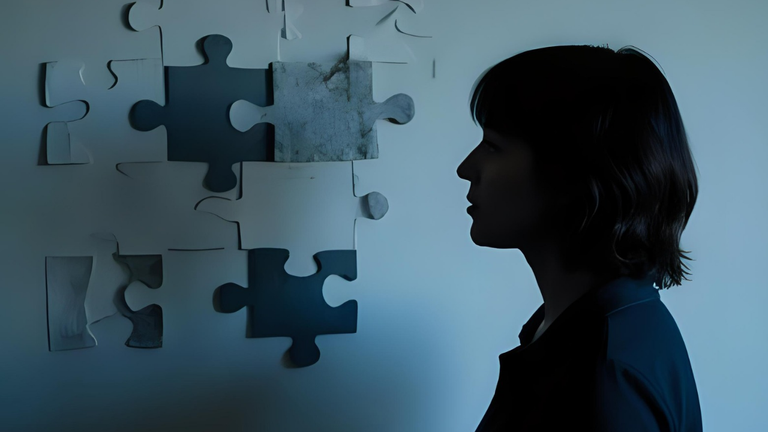
By the time I reached the last few chapters, I was emotionally drained in the best possible way. The ending didn’t feel like a clean resolution. It felt like a mirror, like I had to sit with what I’d just read and ask myself what I really believed. Not just about Callie and Tasha, but about memory, forgiveness, and what it means to move on.
I closed the book and sat there for a while. Just… thinking. That’s how I know a story has really gotten to me. When it lingers. When I’m still carrying pieces of it hours, even days, later.
If you’re into fast-paced, surface-level thrillers with simple answers, this might not be your cup of tea. But if you want a story that digs deeper, into grief, into family, into what it means to be “whole”, then The Missing Half is worth your time.
It’s beautifully written. Emotionally sharp. And above all, honest. It reminded me that sometimes the most terrifying mysteries are the ones we carry inside ourselves. So yeah, I recommend it Fully.